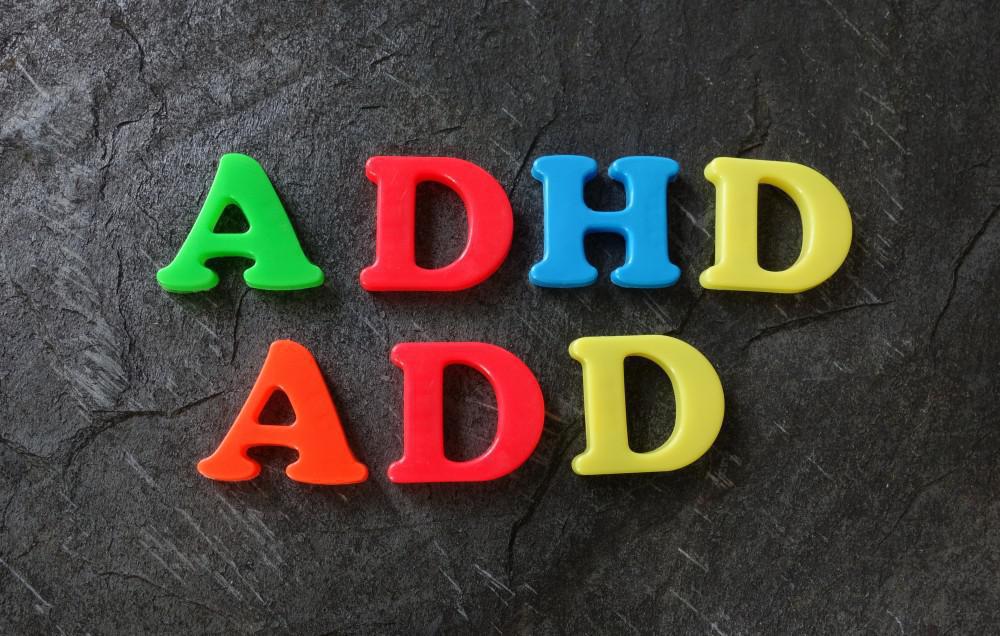Your toddler isn’t verbalizing much at all. At home he gestures instead of saying simple words, and when he plays with others, he makes sounds but doesn’t use words.
If you’re concerned that your young child might have a speech or language problem, our expert speech therapists at Little Wonders Pediatric Therapy, with two offices in Charlotte, North Carolina, can evaluate your child for a speech-language delay and get to the root cause of the problem.
Your toddler should be meeting certain speech and language milestones. On rare occasions, children are just late talkers, like Albert Einstein. Every child develops at his own rate, but it is best to take action early to get the intervention needed.
Speech milestones in toddlers
It’s helpful to be familiar with normal speech development in toddlers. Your 18-month-old should be saying simple words like “mama,” “dada,” and “dog.”
Your 2-year-old should be putting two words together to communicate with you. For example, he might say, “big bear” if he sees a picture of a large bear in a book you’re reading to him. If he’s thirsty, he may say “want milk.” He should have a vocabulary of at least 200 words and be using simple two-word phrases.
When your toddler is 3, his vocabulary should have increased greatly; he is verbalizing many words and is putting together simple sentences of three or four words.
Speech/language evaluation
Early intervention is important if your child does have a problem with speech or language. Untreated delays from 2½ to 5 years of age can lead to difficulties in school, including reading, writing, attention, and the ability to make friends.
If your child isn’t meeting the normal milestones, your doctor may recommend a hearing assessment for your child, and if hearing is normal, speech therapy may be indicated. Our speech therapist at Little Wonders Pediatric Therapy conducts an assessment to determine
- whether your child understands what you say (receptive language)
- what words your child can verbalize (expressive language)
- your child’s ability to make himself understood (clarity of speech)
- oral-motor problems that may be impairing speech
Reasons your child may have a speech/language delay
There are a number of possible reasons your child has delayed speech.
Oral-motor issue
Your child may have an oral-motor dysfunction that makes it hard for him to talk. The muscles in his mouth and face aren’t coordinating as they should. Have you noticed his tongue sticking out between his teeth when he eats? Tongue thrusting is a form of the disorder.
The problem could be a shorter than normal length of the fold beneath his tongue, called the frenulum. This can interfere with his ability to move the tongue, which makes clear speech difficult. A therapist can work with your child to improve speech clarity. A simple operation in which a surgeon clips the frenulum to free the tongue can correct the problem.
Our therapist understands your child’s oral-motor issue and works with him to improve fluency and clarity of speech.
If your child often repeats phrases you say but doesn’t initiate them and isn’t verbal, he may have autism spectrum disorder. Our therapists work daily with children on the autism spectrum.
If your child is having difficulties with speech or language, call Little Wonders Pediatric Therapy or book an appointment online for a consultation.







Hi, this is a comment.
To get started with moderating, editing, and deleting comments, please visit the Comments screen in the dashboard.
Commenter avatars come from Gravatar.